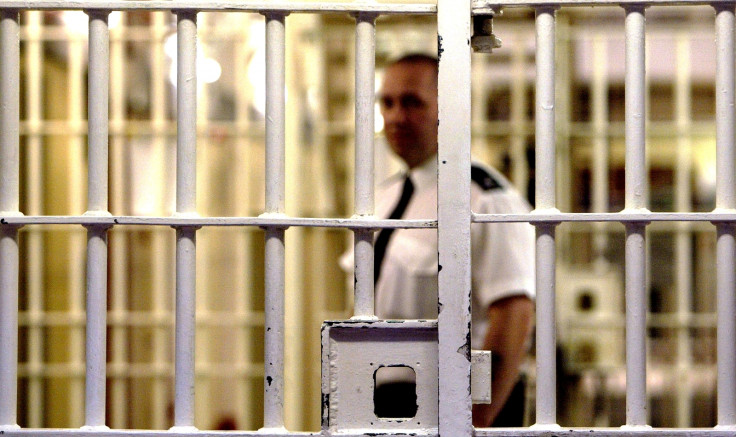From jail to jobs: The budget needs to focus on getting ex-cons back in work
Phillip Hammond should look at tax breaks for companies that employee released prisoners.

The first time I visited a prison was by a kind of royal command – but not of the sort that required me to be detained at Her Majesty's Pleasure.
The Prince of Wales is patron to a body called Business in the Community, which addresses, from commercial perspectives, social and environmental problems he has a particular interest in. I was tasked to take a group of employers to Wormwood Scrubs as the start of a programme to find out why many young inmates, particularly Muslims, were so likely to re-offend and go back to prison soon after release.
The prison governor, clearly peeved at having to host yet another bunch of do-gooders, could barely conceal his indifference as to whether the people he had custodial duty over were old or new faces. For him, the job was still the same. Basically, he didn't care.
The employers with me on the visit, however, did care. We met with many people during the course of the day who were desperate to have a more stable life, rather than return to crime. For them to get away from the gangs that had entrapped them they needed an alternative option, which in the main involved having a job.
Chancellor Phillip Hammond has a great chance in his forthcoming Budget to both fix governor indifference and reward employers who look at ex-offenders not as threats to society, but as potential stars of their teams. I'm hoping he'll read this because what I have in mind will save him money in the immediate, short and long terms.
Let's start by looking at what it cost to put someone in prison. I'm told the police use a standardised figure of £50,000 as the overall costs of a successful prosecution for someone with more than a 12 months' sentence. So the direct costs of a one year sentence are £50,000 + £48,000 (the inner London costs of incarceration). Over half of released young offenders are back in prison in a year. For those with a job, that figure drops to 12%.
So, working to a 50% reoffending rate as the typical, and assuming a repeat offence of more than 12 months, the saving is (50%-12%) x £98,000 (ie, = £37,240) as the direct saving, and then the beneficial consequences of earning income, paying taxes, not being on benefits, and the multiplier effect of spending in the community.
On a £20,000 salary (which is basically minimum wage), there would be a typical direct tax take of around £2,500, with a saving to society of £18,000 through not drawing benefits, plus an indirect tax take of about £1,000 (assuming 25% salary is spent on VAT-able produce), and a multiplier effect (say, 10%, of net salary) the indirect overall saving could be around £40,750. So, overall, there is a legitimate case for saying there is an annual saving of £37,240 + £40,750 = £77,990 directly due to having someone in work and not in prison.
There's a growing number of employers, such as Timpsons and Lendlease, who are stepping up to employ ex-offenders. But for every one of these forward-thinking businesses, there must be at least ten who get the logic but haven't acted on it – and probably 100 who are indifferent on the matter.
So here's the first simple thing the chancellor should be doing and every previous chancellor should have done: reward the employer that takes the initiative to employ ex-offenders and give them a tax break for doing so - £78,000 per intake is a huge sum for the state to save for just one prisoner being in a job, and of course money talks.
Suddenly it won't just be the corporate social responsibility manager who brings the idea to the board – it will be the finance director joining forces with the HR manager. Everyone wins – the prisoner can face a life away from crime, the prisons have less pressure over their resources and businesses will make savings while doing a good deed.
And what about the governors – how do we get them more engaged? There was once a TV series about an awful west London school with massive failures on all sorts of levels and a new headmaster came and turned the place around. It started with him asking every pupil: "Which university are we going to prepare you for?"
If governors asked each inmate on the day of their incarceration "which job are we going to prepare you for on release?" and then set about to provide the requisite training to get them there, you'd see a big change in attitude – especially if a performance league was published of prisons where governors had excelled in this and were also rewarded for enabling the change in peoples' lives as well as the state saving. You'd soon see them shift a gear.
The Budget is the government's way of making tax-payers' money work best in the face of all the various calls on it. From jail to jobs – there you go, Mr Hammond, a soundbite to sell this on.
Iqbal Wahhab OBE is the founder of London restaurants The Cinnamon Club and Roast. His book Charity Sucks is published by Biteback Publishing.
© Copyright IBTimes 2024. All rights reserved.






